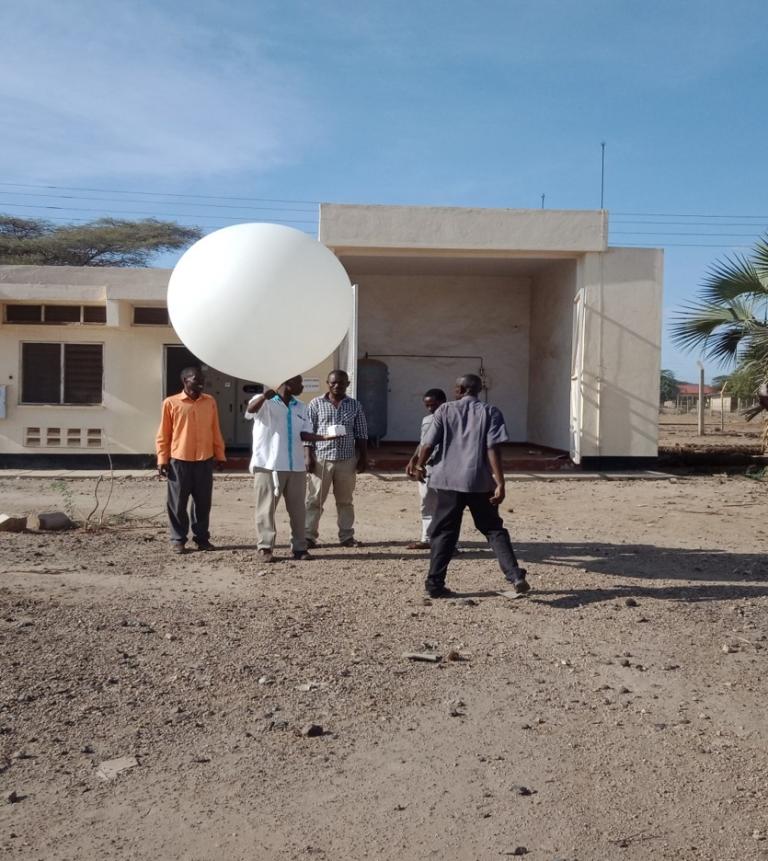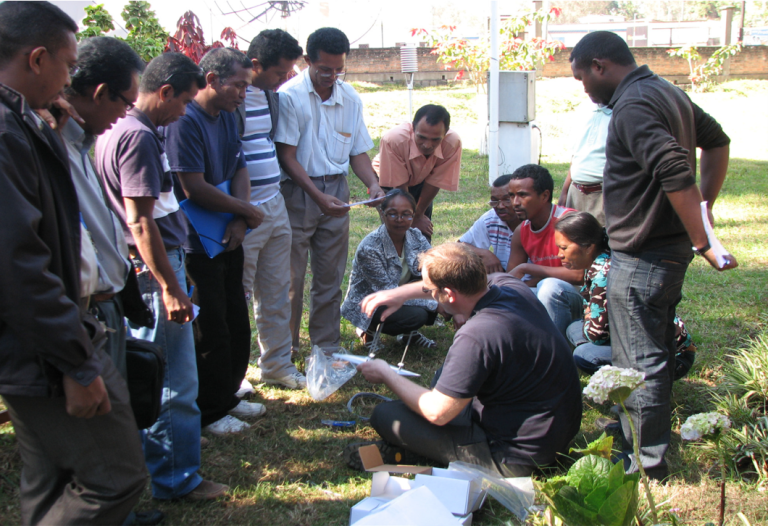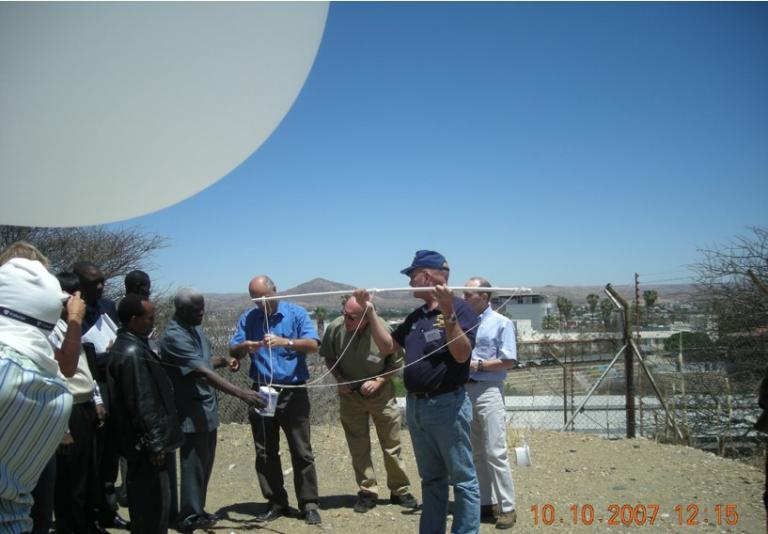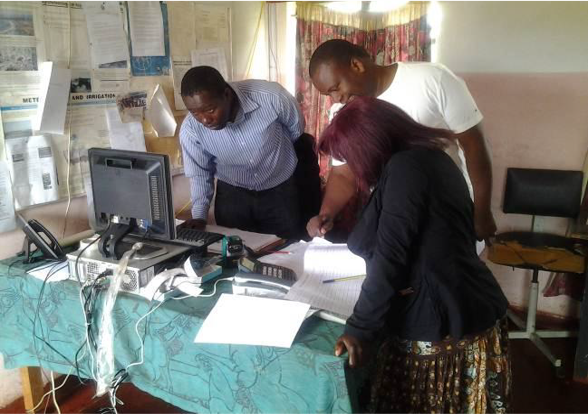Cooperation Mechanism

The GCOS Cooperation Mechanism (GCM) was established to identify and make the most effective use of resources available for improving climate observing systems in developing countries, particularly to enable them to collect, exchange, and utilize data on a continuing basis in pursuance of the UNFCCC. In recent years, several countries have provided funds and participated on the Donor Board. The GCOS Sponsors (WMO, IOC, UN-environment, ISU) are seeking additional countries and organizations to help address the considerable and growing demands for improved climate observing networks in developing countries.
Since 2005, the GCM has received and distributed over 3 million USD in support of the GCOS networks, primarily in the atmospheric domain, through the GCOS Surface Network (GSN) and GCOS Upper-Air Network (GUAN). Successful projects include:
- New upper air systems: Armenia, Galapagos Islands, Maldives, Namibia, Peru, Philippines, Tanzania, Zimbabwe
- Hydrogen generators: Cameroon, Cote d'Ivoire, Galapagos Islands, Kenya, Mauritius, Nairobi, Niger, Senegal, Seychelles
- Technical support projects: Caribbean, Southern Africa
- Technical workshops: Argentina, Morrocco, Namibia
This poster presentation provides a more detailed view of the work of the GCM.
Why Participate in the GCM?
- The GCM is an effective and proven way to address national, regional, and global needs for climate observations and to direct funds to the highest priority needs;
- The GCM directly contributes to fulfilling the repeated calls of the Conference of the Parties to the UNFCCC to provide financial and technical support to developing countries to improve their climate observing systems;
- Improving networks in developing countries also contributes to developed country needs for improved global networks.
"What is urgently needed is a commitment by nations to provide global coverage for the key variables, to halt and reverse the degradation of existing observing systems, and to exchange information more effectively… A positive response to this challenge would significantly advance the implementation of an effective observing system for climate and support the objectives of the UNFCCC." Report on the Adequacy of GCOS, 1998.
A toakley wmo [dot] int (Project Officer) identifies, manages and oversees the individual GCM projects, and can be contacted for further information.
wmo [dot] int (Project Officer) identifies, manages and oversees the individual GCM projects, and can be contacted for further information.



